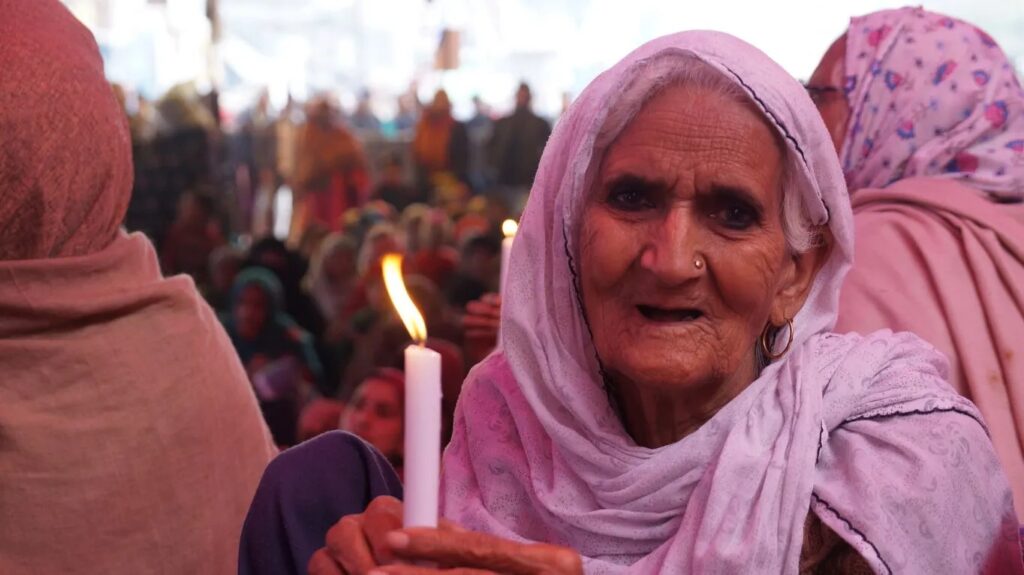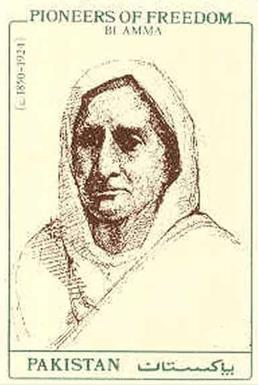From Khilafat to Shaheen Bagh Movement: Muslim Women and Unveiling as Politics in India
Dr. Razak Khan presents “From Khilafat to Shaheen Bagh Movement: Muslim Women and Unveiling as Politics in India.”

Join Us!
Tuesday, October 1, 2024
4:10 – 6:00pm
Divinity 124
Dr. Razak Khan, Research Fellow, Center for Modern Indian Studies (CEMIS), Georg-August-Universitat, Gottingen (Germany)
This paper explores two moments of staging Muslims belonging in Indian politics. Khilafat movement, which began in 1919 was the first mass nationalist movement of Hindu-Muslim Unity in colonial India, and the Shaheen Bagh Movement started in 2019, remains the biggest pro-democracy movement against Majoritarian autocracy in post-Colonial India. Bi Amma left the veil and addressed the political public, becoming the face of the Khilafat movement and similarly, the Dadis of Shaheen Bagh not only actively participated but became the symbol of the Shaheen Bagh movement. This paper compares and studies these two moments of political protest and Muslim belonging in colonial and Post-Colonial India.

The first marks the staging of transnational Pan Islamic solidarity politics in colonial India, and the second Indian citizenship and National belonging in Hindutva India. Despite many differences, these two moments mark the Muslim women’s unveiling as a political act and challenge our understanding of Muslim “passivity” or the “separatist” nature of Minority politics. Indeed, I want to suggest that it is the Muslim Woman that has historically been the face of political protest and belonging in India. These acts of unveiling represent an alternative cultural and political history of Muslim women’s political activism in India.
Dr. Razak Khan is a Research Fellow in Global History at the Department of History, Free University, Berlin. His current research project is entitled “Unfamiliar: Family, Law, and Democracy in South Asia.” The project explores colonial genealogies and postcolonial trajectories of debates around minorities and family law in India, Pakistan and Bangladesh. His first monograph Minority Pasts: Locality, Emotions, and Belonging in Rampur was published by Oxford University Press,2022. He co-edited Nodes of Translation: Intellectual History between Modern India and Germany (De Gruyter, 2024) and also edited the English translation edition of The Incomparable Festival (Penguin Random House India, 2021).